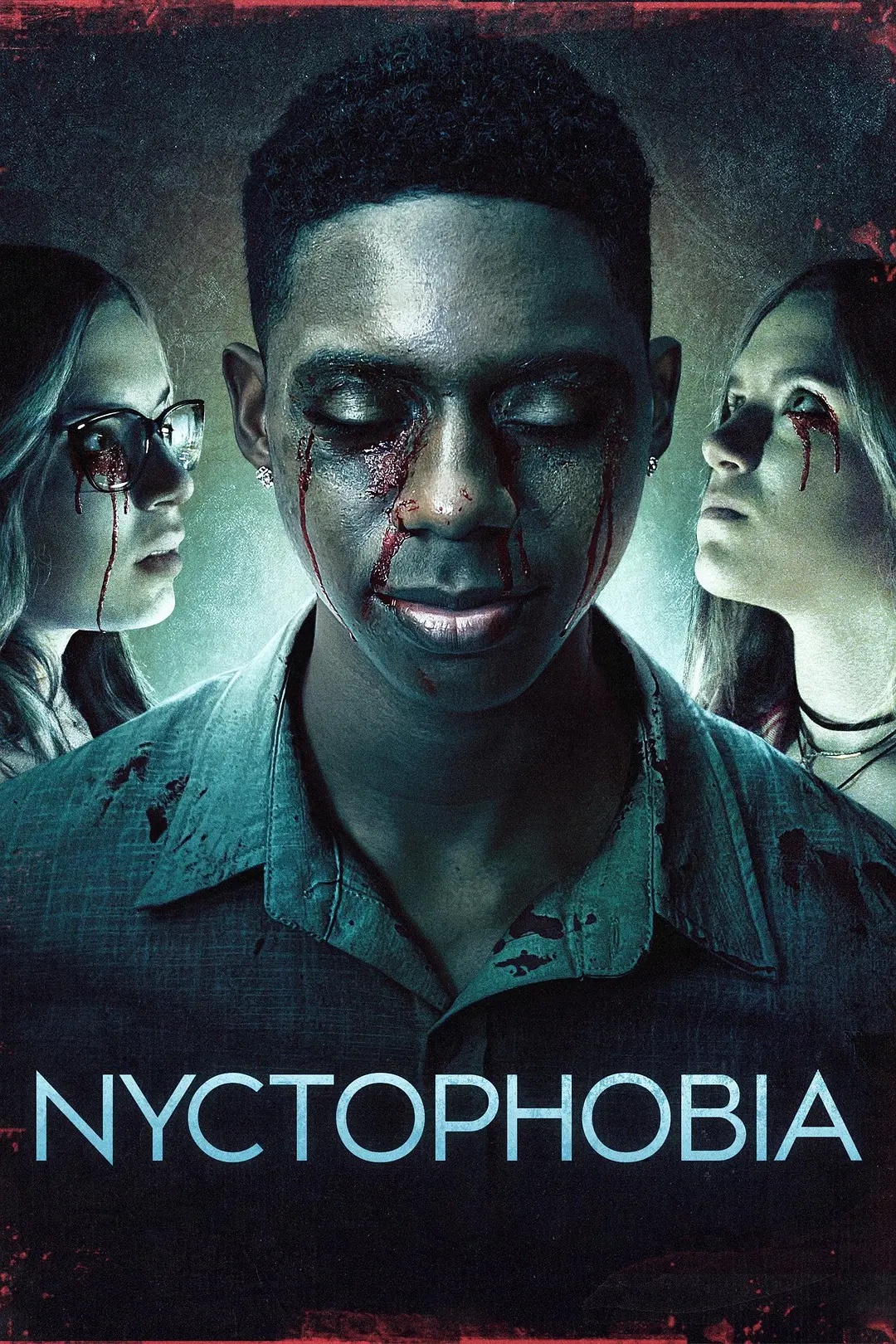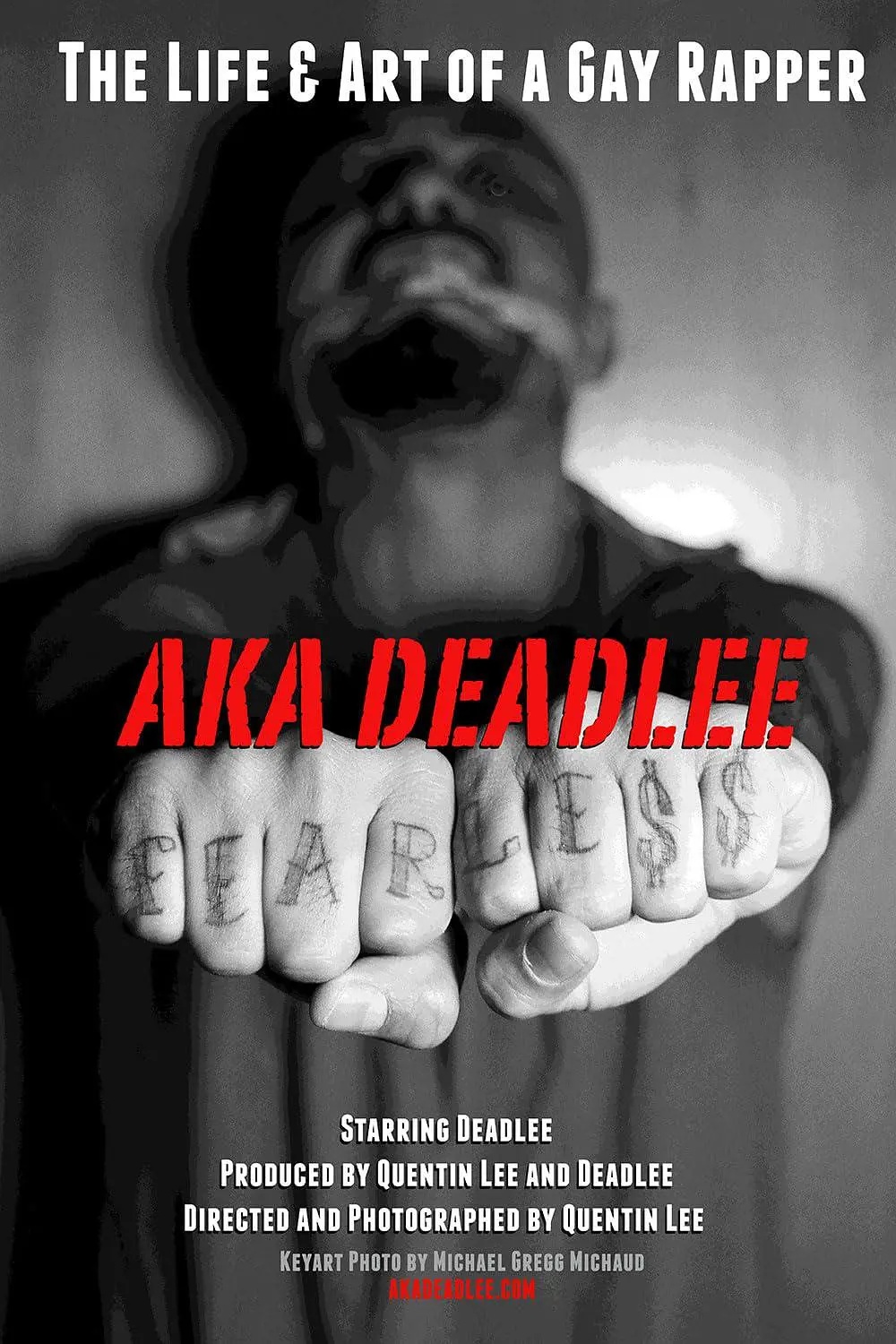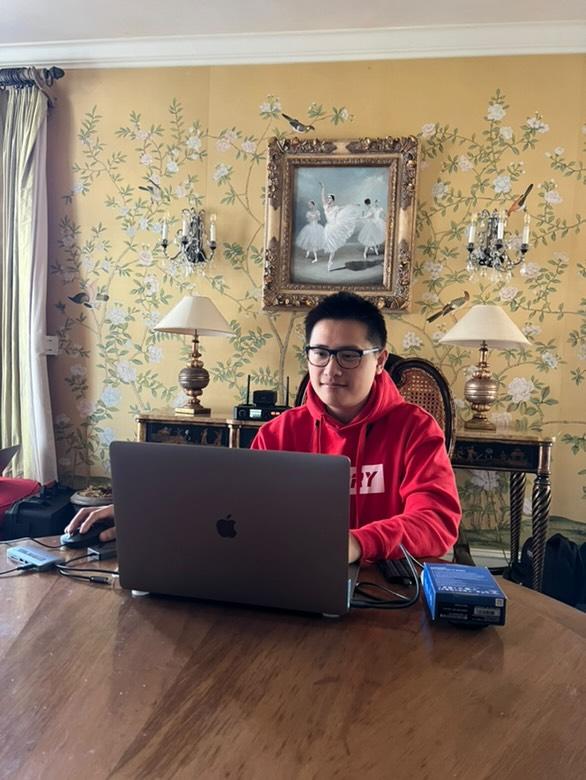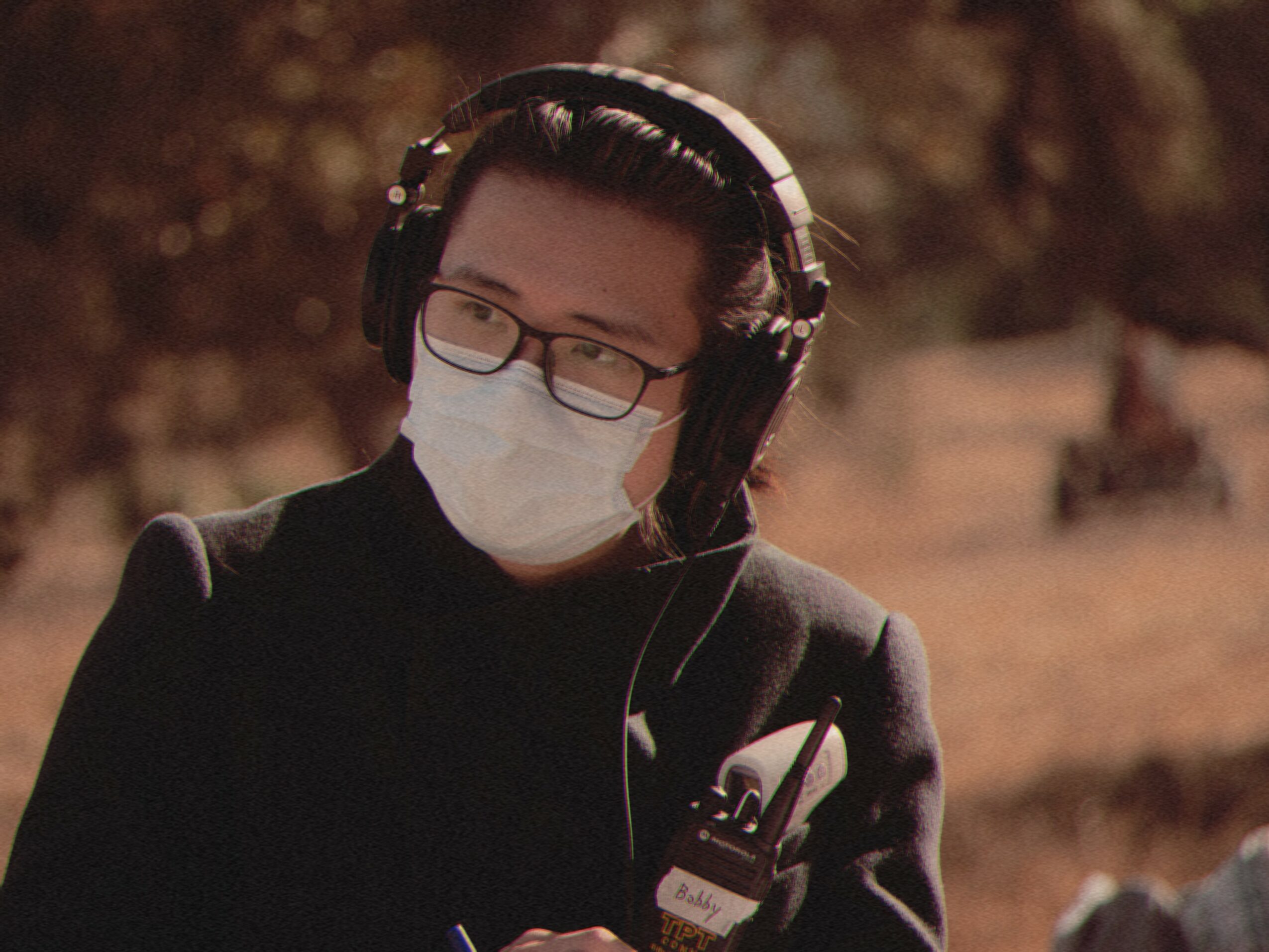

Yuchen Fang shared their story and experiences with us recently and you can find our conversation below.
Yuchen, a huge thanks to you for investing the time to share your wisdom with those who are seeking it. We think it’s so important for us to share stories with our neighbors, friends and community because knowledge multiples when we share with each other. Let’s jump in: What do you think is misunderstood about your business?
That’s a very interesting question. As a film editor and knowing so many editor friends, one of the things that people misunderstand about our business is how much we can do in post. Let me explain it little by little.
I am sure that most of the filmmakers heard of or spoke of this phase: “Don’t worry, we will fix it in post!” And funny enough, most of the time this phase comes from people who work on production, who are not working in post-production. But there is this trust from people in production that no matter what mistakes they make during the shoot, the post people can fix it. As an editor who works on post-production, I really appreciated that trust. But at the same time, that is a big misunderstanding. We can’t really fix everything in post.
Here is the catch: there is the possibility to fix everything in post with the technology these days. However, they all take time and money to do so. Sometimes, a small thing that can be fixed on production easily will take a huge amount of effort to be fixed in post. So it’s not worth it to leave it to post. It will cost more money and more time to fix it.
Here is an example from my own experience. I once worked on a film that was mainly filmed outdoors in the forest. There were lots of beautiful tents in the production, and the whole image looks amazing in the camera. Before they rolled the camera, the production team was using the production sandbag to press the tent’s corner, and they forgot to take it off the shoot while rolling. When they realize it, they already have a few shots. Thinking it will save time, they decide to just leave them in, and thinking it will be easy to remove them on post. So they keep filming with the sandbags in the shot. Long story short, we eventually were able to remove all of them in post. However, it took a month to make the shots look good with the sandbag perfectly removed from all of the footage. And if they did not leave it to post and quickly remove all the sandbags in production and then keep rolling, it would only take around 5 minutes. So they save 5 mins on set by not fixing the issues, and eventually it causes months of time and effects, and money to have the fix in post. Is it really worth it?
Can you briefly introduce yourself and share what makes you or your brand unique?
Hello everyone, my name is Yuchen Fang, and I go by Bobby.
I work as an editor and assistant editor in post production, and digital imaging technician in production.
Film is one of the best ways for me to tell a story and express my feelings and emotions to the world. I am just glad that I am able to find my place in the film industry and help tell good stories.
Okay, so here’s a deep one: What’s a moment that really shaped how you see the world?
While growing up, I often had a hard time communicating with people close to my age. I am just not exactly sure what to say during conversation and how to make people have a good feeling about me. It was really bothering me for a long time, and I started avoiding having conversations with people. And then all of a sudden, I realize that rather than trying to talk, it’s also important to just listen to what people are trying to say.
While most people are talking, they are actually trying to find a listener who can really pay attention to them and feel what they feel and see what they see. And then I realized that we are all lonely in this world and trying to find our way to express our feelings. That’s when I realized I like film. Film is like a letter that’s written from the director to his audience, in which he wants to express something and is looking for a friend who will listen to him. It suddenly made me realize that, rather than just talking and using words, filmmaking is a much better way to tell your story and look for people who listen to you.
Was there ever a time you almost gave up?
It’s always a challenge for each project. But there is this one that I remember the most.
I was editing a feature film, Nyctophobia. It’s a fascinating found footage documentary film that’s made with a very limited crew and budget during the COVID-19 pandemic. However, I remember for a while we weren’t even sure if we could have a film.
Supposedly, there is a monster in the film that kills people. However, we have no budget to actually make special effects for this monster. So basically, there is no monster; however, the film won’t work without it. We have to create this monster somehow to make the film work without spending any more money. I remember and director and I were really having a tough time in the editing room, just kept browsing the footage and trying to find out if there was a way to create this monster for the film with what we have. We almost gave up and were thinking maybe we just won’t have a film. So we just keep editing the rest of the story, and try not to think of those problems for now. And one day, we finish the whole cut and go back to the part where we need a monster, all of a sudden, we get an idea: let’s make a monster film without the monster at all! And surprisingly, it worked!
It’s not perfect, but it works! We started using just sound effects and quick cuts to trick the audience that there was a monster in the house; however, we were never able to see it! And the film comes alive! It was such a valuable lesson for me. So I remember to never give up in editing, and there is always a way to make the film work.
Sure, so let’s go deeper into your values and how you think. What would your closest friends say really matters to you?
In the filmmaking world, it’s really important to be supportive and honest with your friends. It’s a lot of pressure to be in the film business. It usually takes a long time for any of a film project to be done, so no one really know how the film gonna be like at the end of the day, we are all just doing our best and hoping that the film will end up working great at the end of the day. So no one wants to work with depressed people, because we are all nervous and stressed at some point during the filmmaking process. So I would say it really matters to me that my closet friends can relate to that and be supportive with what they say during the filmmaking process.
Okay, so before we go, let’s tackle one more area. What will you regret not doing?
One of my dreams is to direct my own feature film. And I will really regret it if I am not able to do it one day. I love editing, but at the same time, I wish I could direct my own feature. It’s just different when you are the director of the film and able to tell people about your vision and have everyone work together to make your vision come true.
Contact Info:
- Linkedin: https://www.linkedin.com/in/bobby-fang-61b406225
- Other: https://www.imdb.com/name/nm12438813/?ref_=nv_sr_srsg_0_tt_0_nm_8_in_0_q_yuchen%2520fang


















